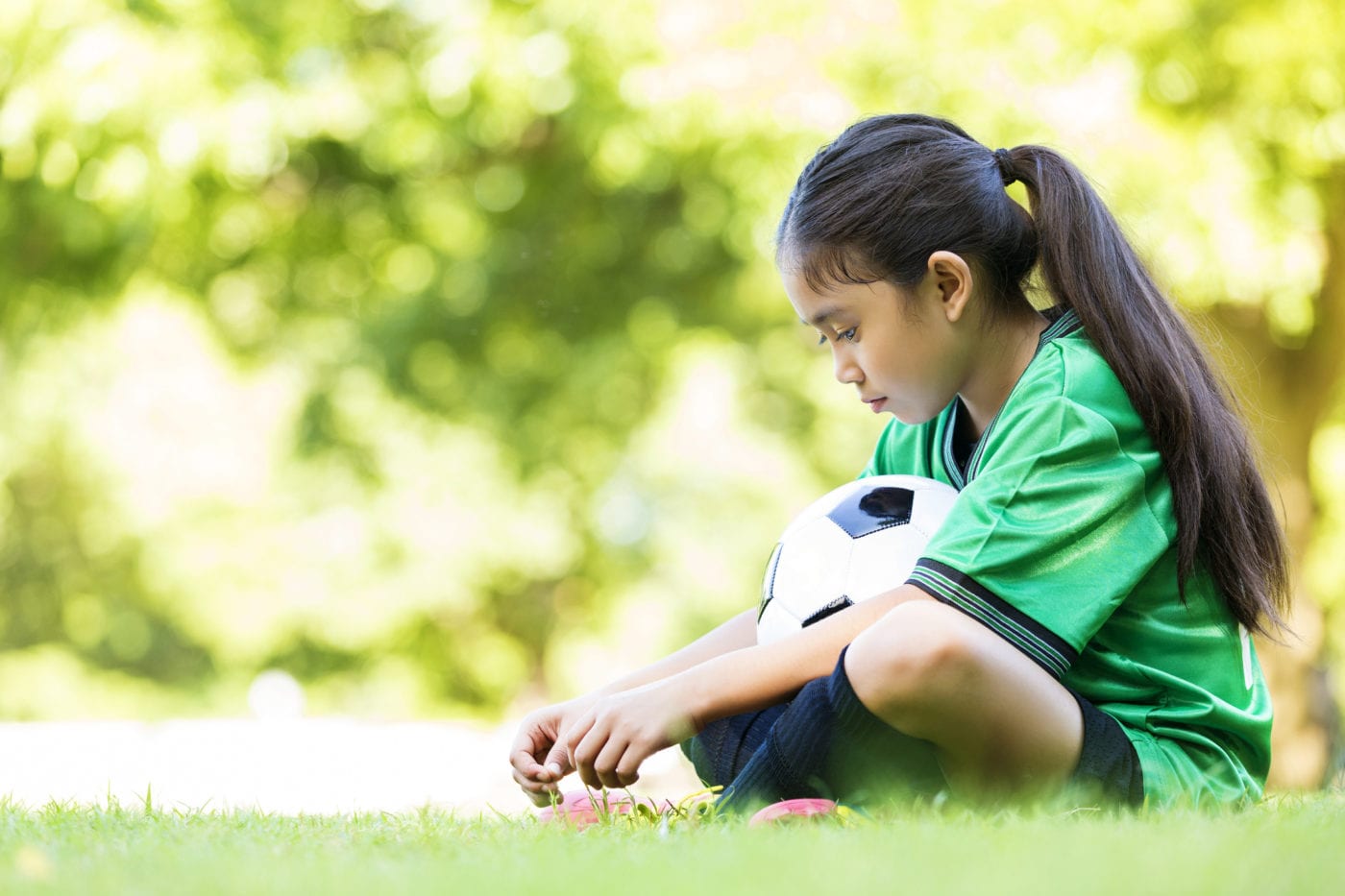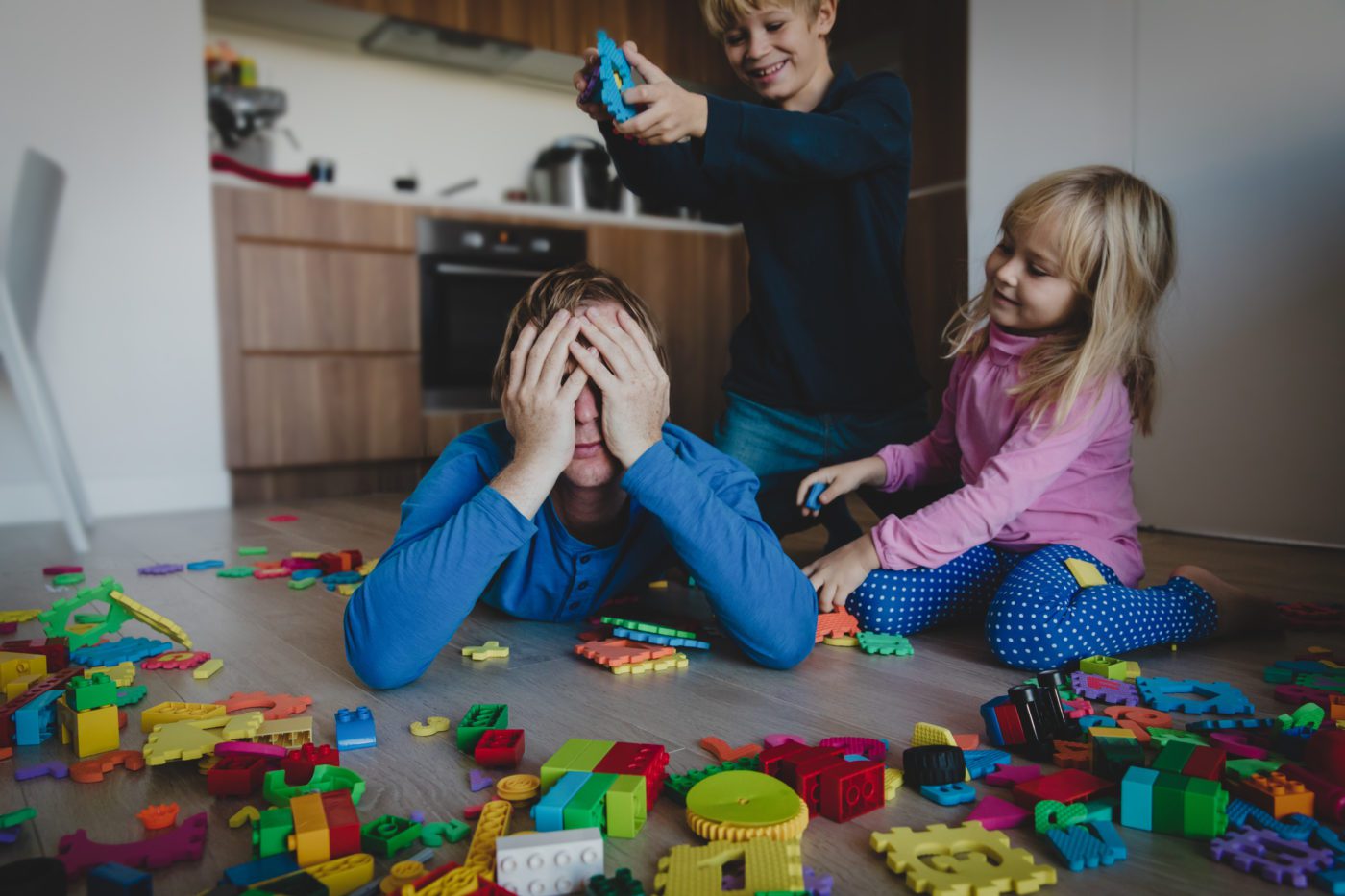A few years ago, my son had a baseball coach who’d never learned the art of criticizing kids—it was doubtful he’d ever even worked with kids. So, at times, he would overreact or criticize harshly. In one game, a batter hit a hard grounder to my son and my son bobbled the ball and overthrew first. “Bad baseball!” his coach yelled. “Bad baseball!” You could see my son physically wilt.
Child psychologist Dr. Haim Ginott says, “When a person is drowning, it is not a good time to teach him to swim … or to criticize his performance,” but as parents, we have to help correct our kids’ behavior and actions. So what’s the secret to criticizing kids the right way? Just follow these 5 rules.
1. Give clear directions.
Picture this: Your son is goofing around and he knocks over a bottle of water that spills onto your laptop. You might be tempted to scream, “Look what you’ve done! Why didn’t you stop jumping around when I asked?” Instead, say, “OK, grab a towel; quickly, please.” When criticizing kids, first handle the matter at hand—calmly. Then address the issue. “Son, I had told you a few minutes earlier not to play around near my computer. This is why we do that kind of playing outside.”
2. Never attack the person.
Again, in the heat of the moment, or when we are extremely frustrated, we can feel the urge to sling labels at our children. “You’re so slow! Hurry! We’re going to be late!” Deal with the situation at hand and avoid personal attacks. If your child needs to speed up, give clear directions: “Grab your shoes and whatever books you need, please. I’ll be in the car.”
3. Stay in the present.
Don’t dredge up the past or predict the future. “How can I trust you to clean your room without my standing at your door and watching? You’ve never managed in the past. You know what’s going to happen to you? You’re going to be the messiest roommate in college and no one will want to live with you.” Of course, we can see the long-term ramifications if our kids don’t change, but putting that on them doesn’t help them learn better ways.
4. Problem solve.
Even if you are going to hand down consequences with the criticism, get your child involved in the problem-solving. I just left my child a note this morning that said, “We have a problem. I don’t like arguing about screen time. Please come up with your proposed solutions for avoiding this.” Later today, I will sit down with my son and tell him my expectations and the associated consequences for his not following through as I expect. But I will also bring him in on the problem-solving and listen to his ideas.
5. Avoid sarcasm or ridicule.
Dr. Ginott says, “There is no place for biting comments in conversations between parents and children. Sarcasm evokes hatred and provokes counter-attacks.” Our goal should be to set an example of how to communicate with our children while maintaining control over our tempers and our words. We can be firm and kind. Eventually, my son’s coach learned how to criticize his players respectfully. My son flourished and the team flourished. That’s the result careful criticism can achieve.
Sound off: How do you criticize kids with kindness?











Huddle up with your kids and ask, “How do you feel when someone criticizes you?”